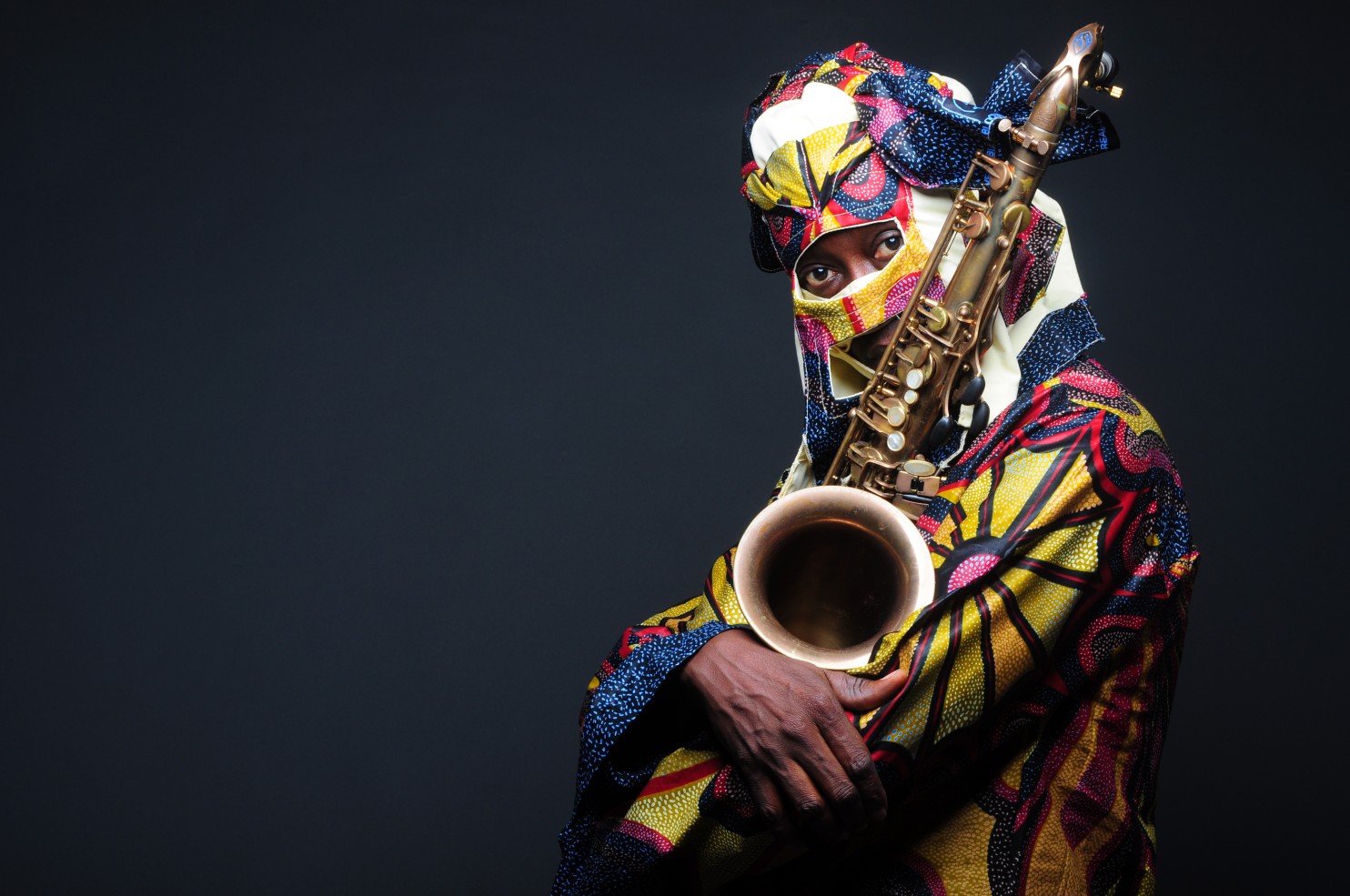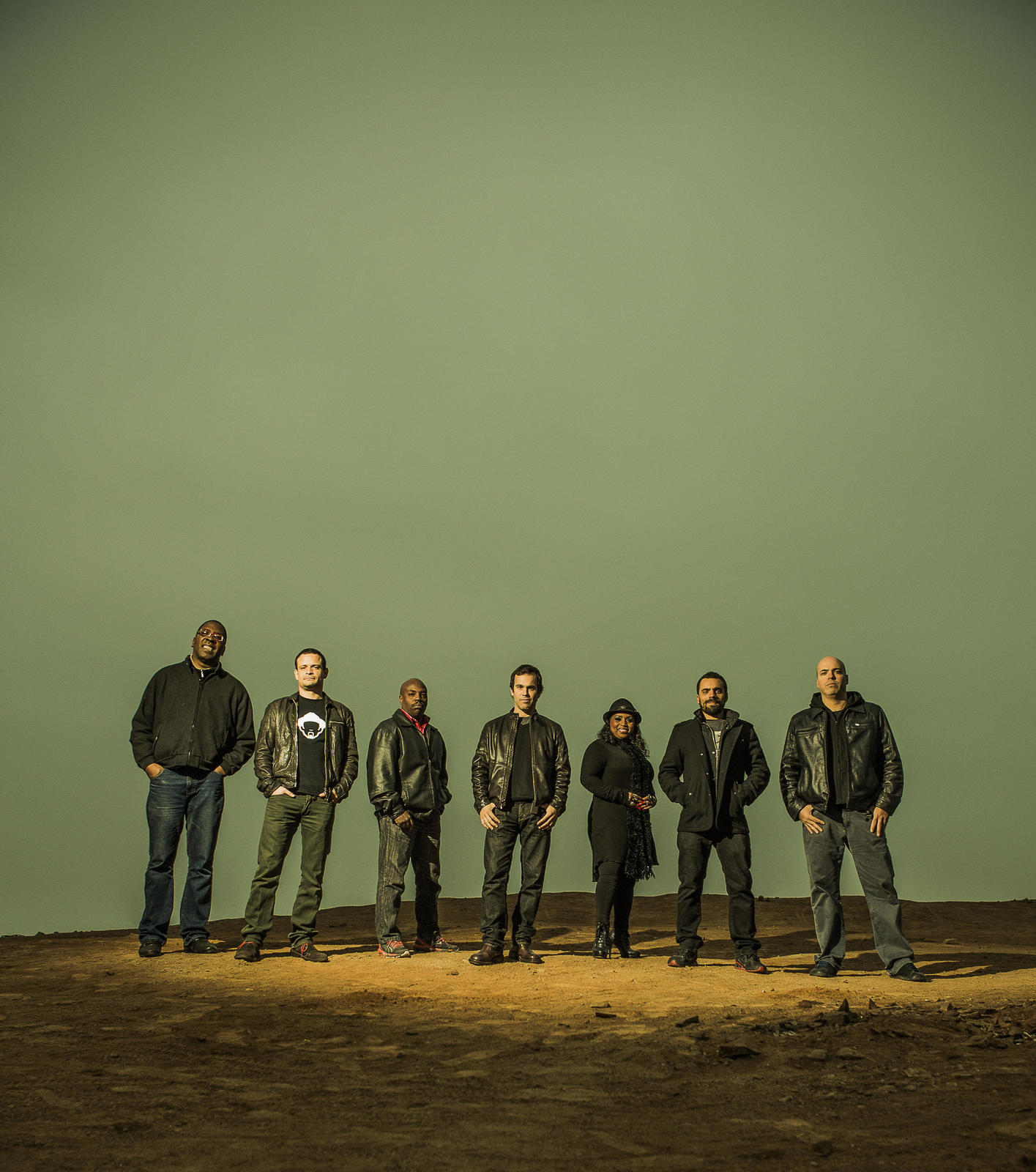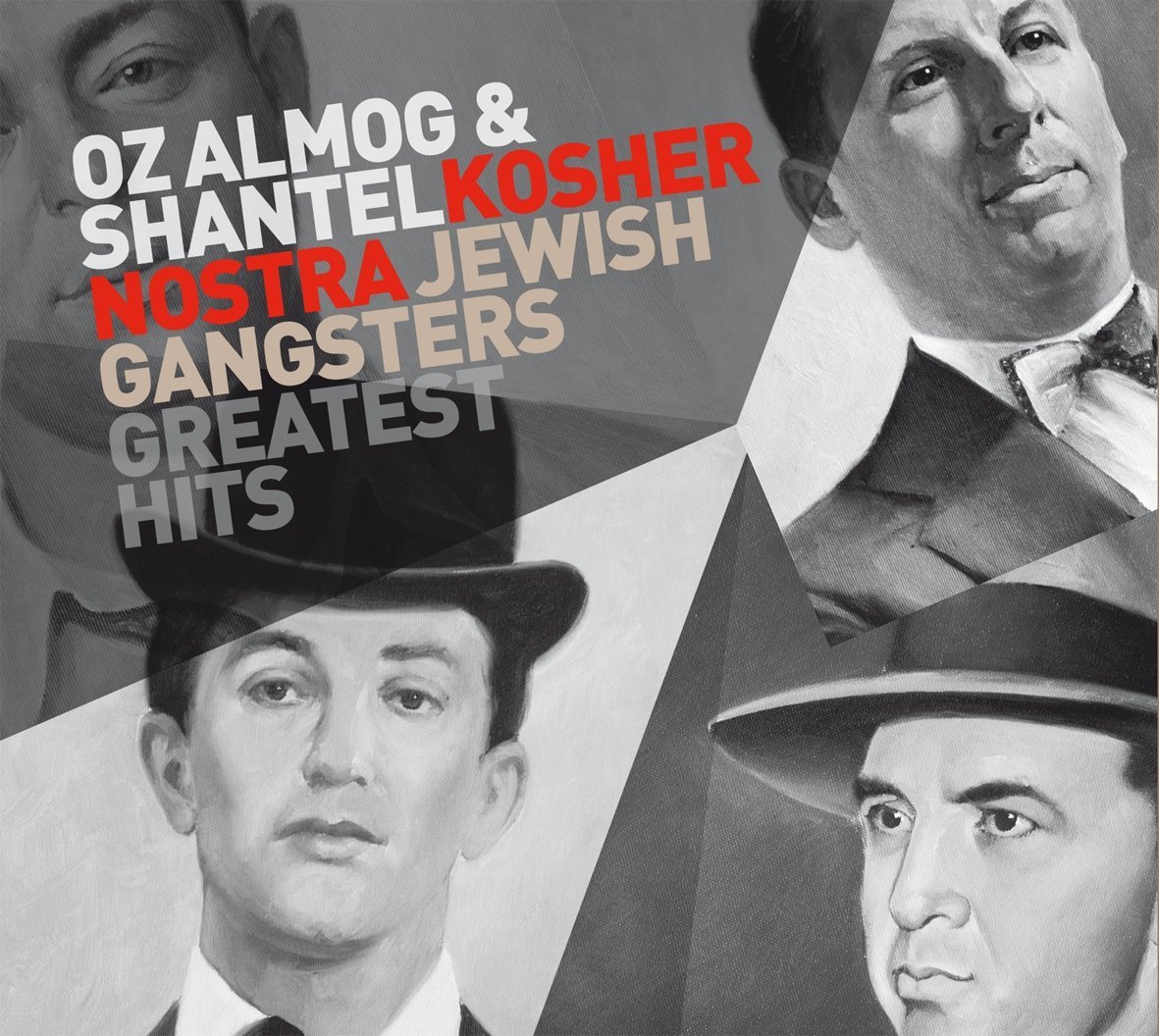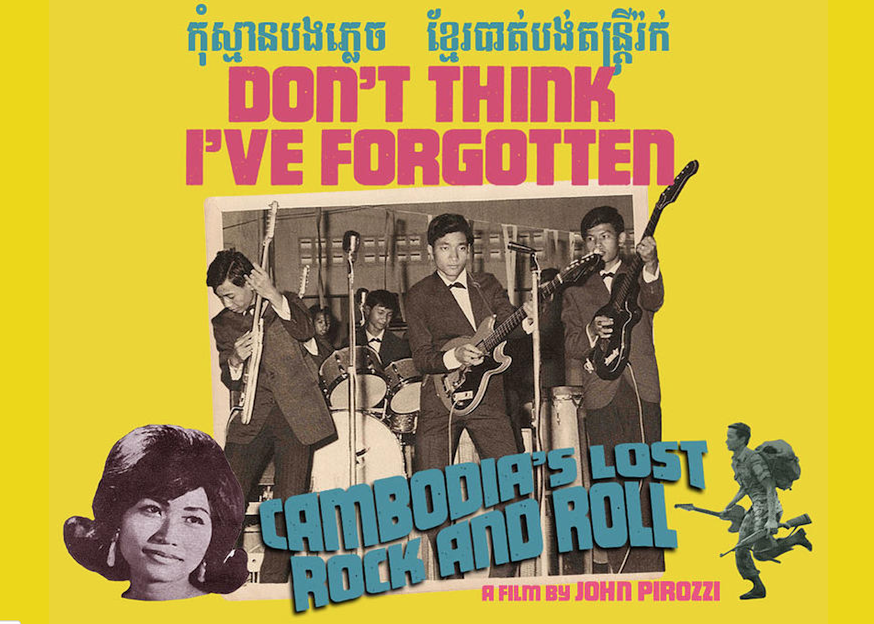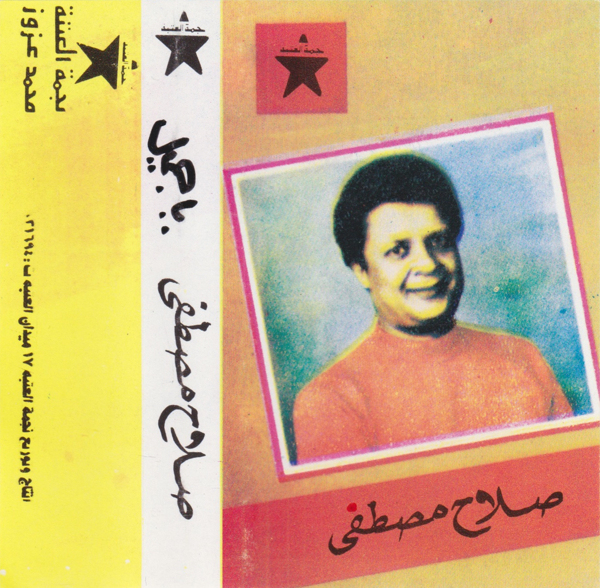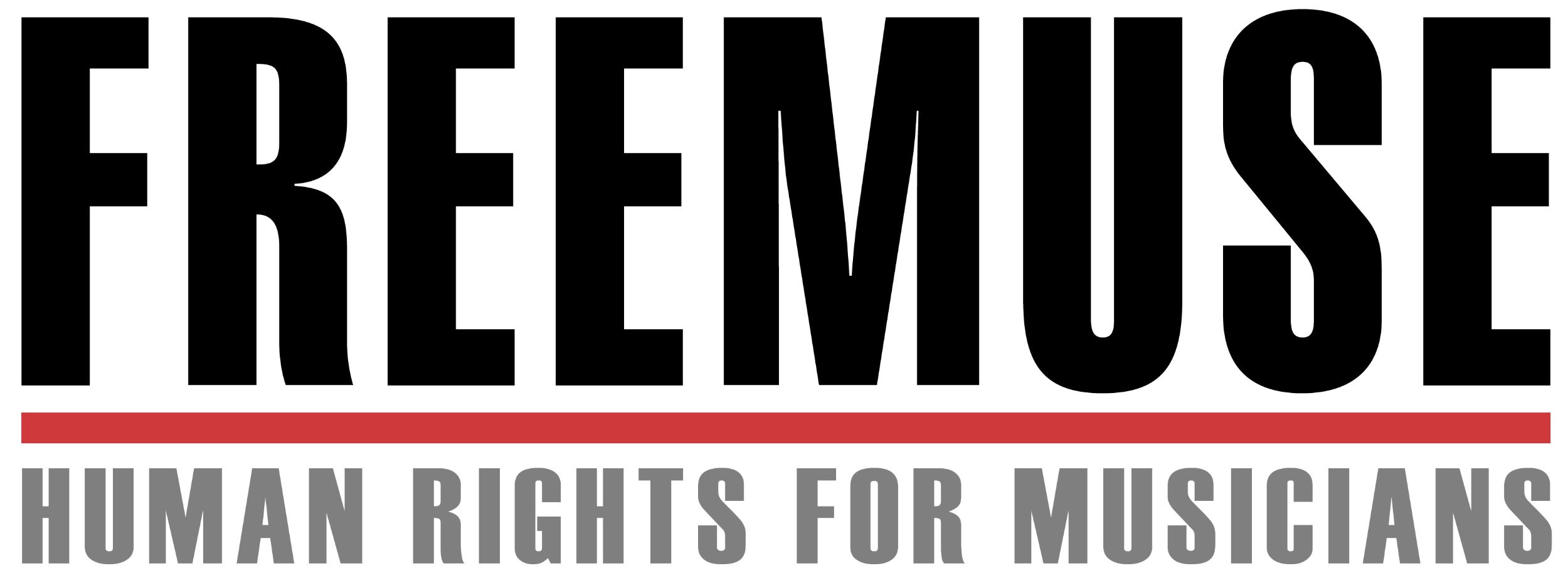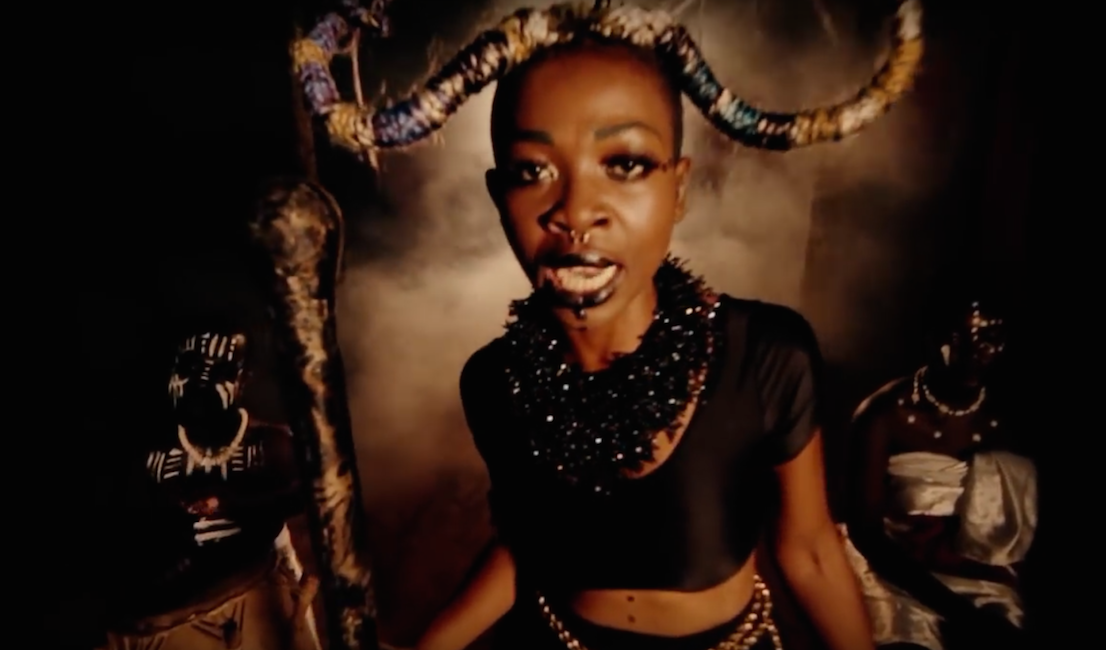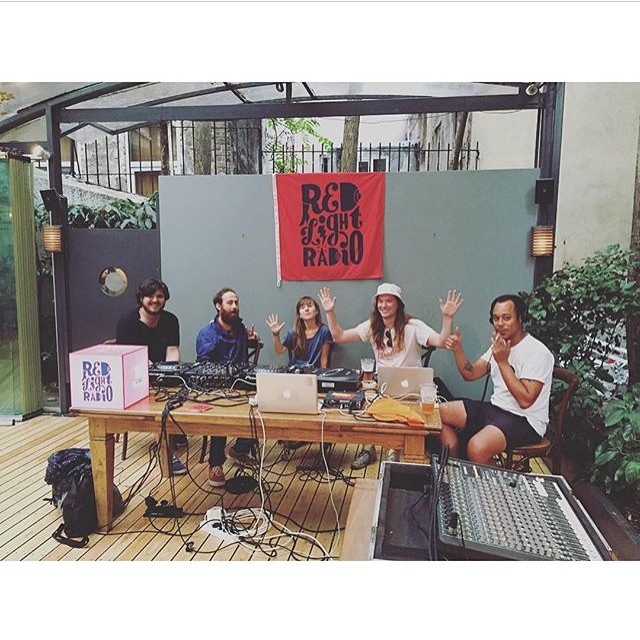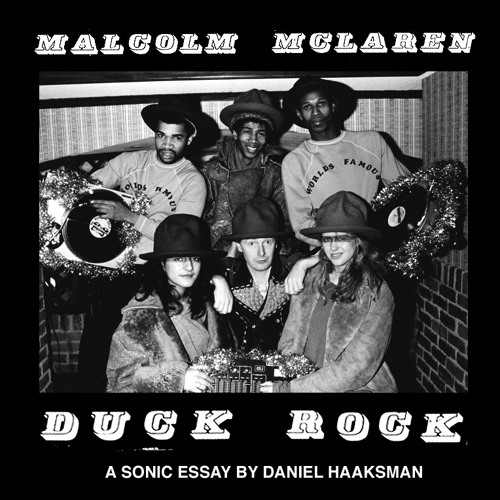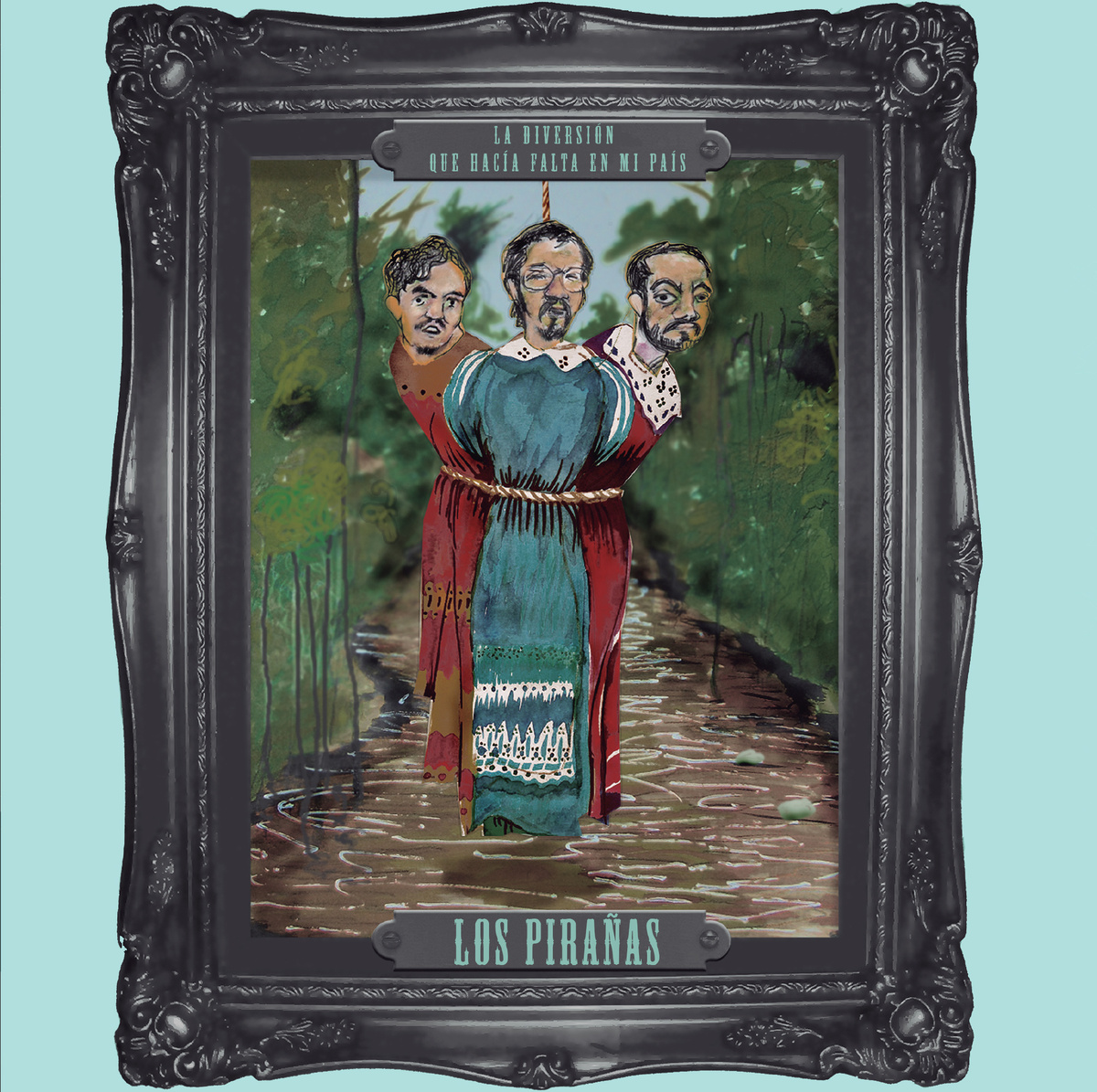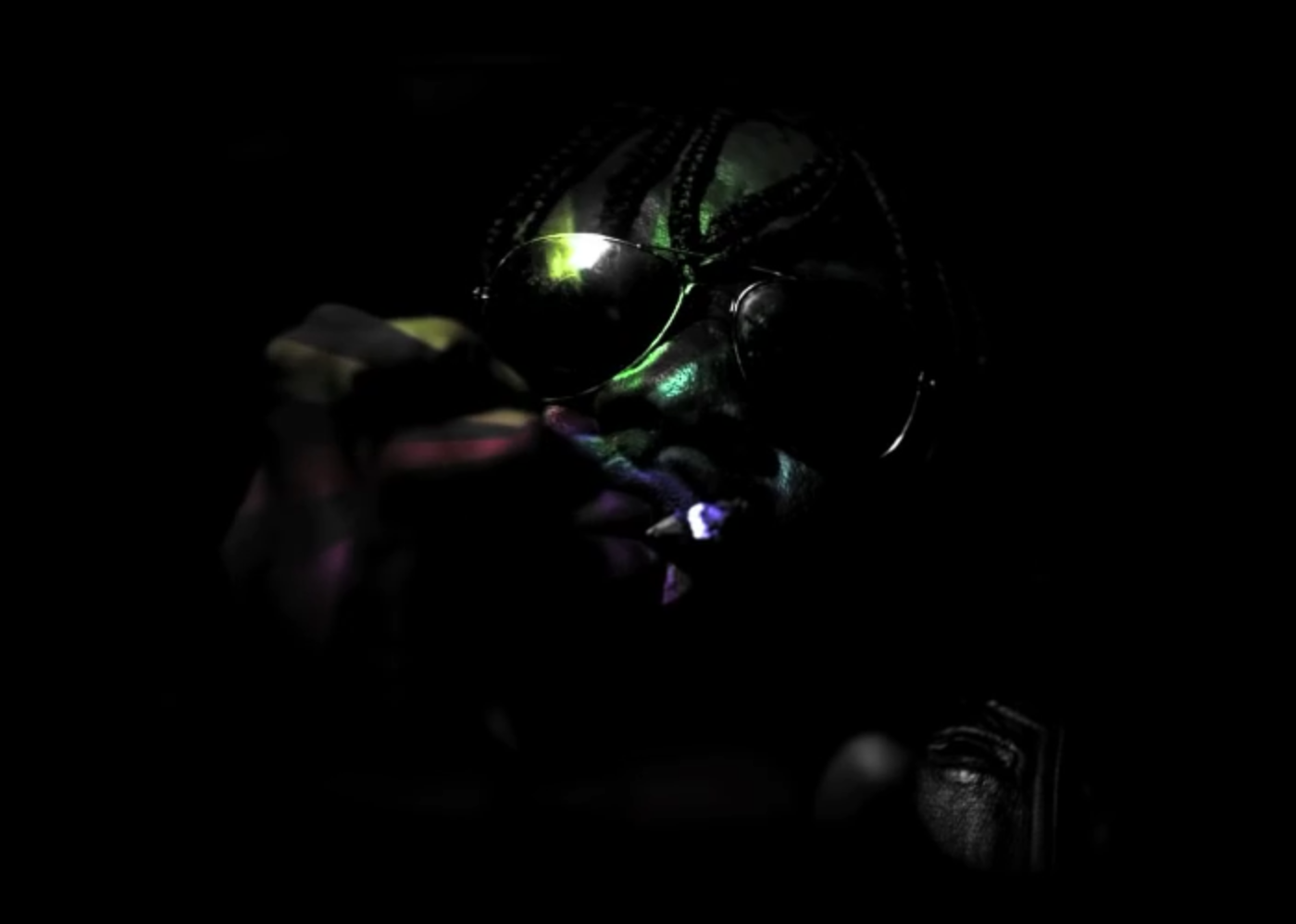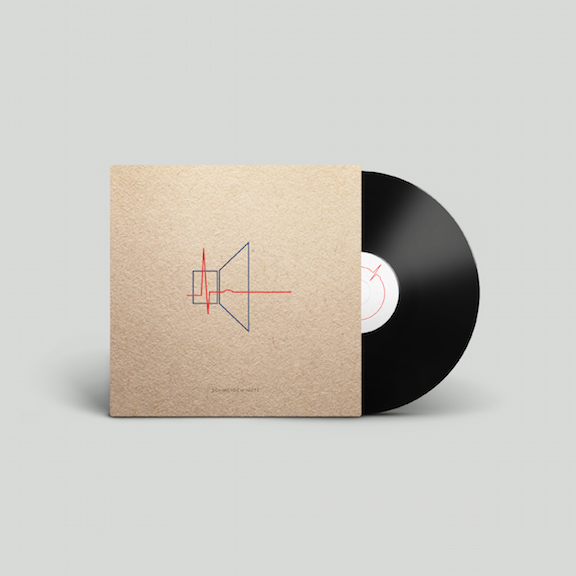Lágbájá
Today, 55 years ago, Nigeria gained independence from the United Kingdom. The country is home to Africa’s largest population, over 500 spoken languages as well as a wide array of ancient cultural traditions.
Among the artists reviving some of these traditions in the musical sense is Lágbájá. Since his emergence in the early 90s, the internationally acclaimed, award-winning Nigerian Afropop singer/saxophonist has been among the nation’s most audible and visible artists, partly due to the fact that he prefers to mask his face:
“Lágbájá is a Yoruba word that means somebody, nobody, anybody or everybody. It perfectly depicts the anonymity of the so called ‘common man’. The mask and the name symbolize the faceless, the voiceless in the society, particularly in Africa”, claims the artist via his website.
His music is a groovy fusion of traditional African drums and Western instruments with influences ranging from Yoruba music to jazz, a blend he simply calls Africano. Now, ten albums in, Lágbájá himself has become a prominent symbol of Nigerian popular culture, while his Africano blend has sparked an increase in worldwide interest and demand for African music “rich in the traditions of the continent [yet] cosmopolitan in attitude”.
In a recent interview with Afropop Worldwide Lágbájá talks about his career, his love for all things drums and rhythms, Afrobeat, new music and the Nigerian music scene:
"Just as you have very sophisticated harmonies [...] in the West, in the same way, we have sophisticated drumbeats. As a matter of fact, the drums are the most important part of the music. That’s why you could see a band back home that is only drums and vocals. And that would be the whole show."
Read the full interview here.
